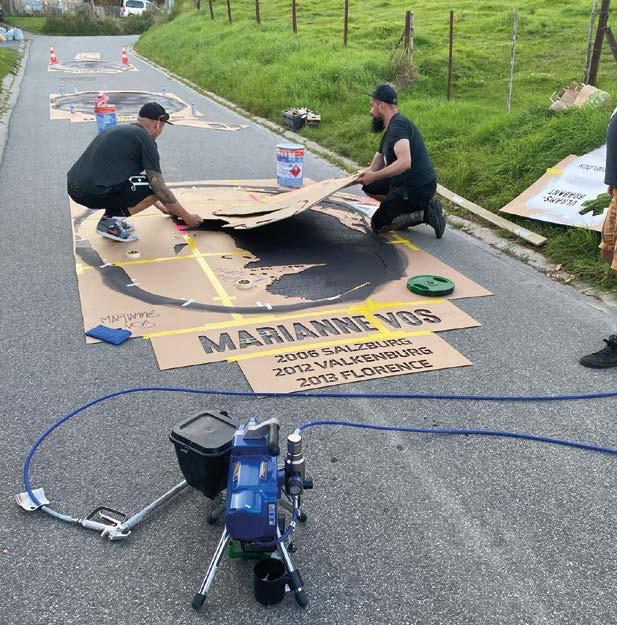
3 minute read
STANDARD & LEGISLATION
STANDARD & LEGISLATION - UCIF Informs
Is Corporate Sustainability a Mirage?
Marcello Zinno
UCIF – Italian Surface Treatment Equipment Manufacturers’ Association, Milan, Italy info@ucif.net
When we talk or read about sustainability, we often come across slogans, marketing strategies with little substance, or even questionable media phenomena and personalities. Hardly any thought is given to how companies should and could concretely become more sustainable – which would also give them a competitive advantage, as the two factors are not exclusive, but complementary. In fact, transitioning to technologies with a reduced environmental impact does not just involve the ability to tap into dedicated economic resources (often public), but it is also about changing one’s own production approach and adopting a new business philosophy that brings various benefits. It was with this in mind that, in the framework of its We Talk format, UCIF organised a digital meeting that saw the participation of two experts who addressed this issue with a focus on companies and the business benefits of embracing sustainable choices. In fact, while it is true that citizens are often sensitive to these topics, it is also true that many industrial sectors do not yet know how to harmonise attention to the environment with the economic constraints imposed by (global) markets. Precisely in order to better understand how to orient in the (green) jungle of environmental issues, UCIF started with the 2030 Agenda for Sustainable Development and its seventeen macro goals, which, together with the Paris Agreement on climate change, constitutes the roadmap for a better world and a global framework for international cooperation on sustainable development and its economic, social, environmental, and governance aspects. In order to achieve the Agenda’s objectives, the European Union has promoted a series of policies and binding targets, such as the 55% reduction in greenhouse gas emissions by 2030 and the even more ambitious goal of the EU’s climate neutrality by 2050, which necessarily involves a process of decarbonisation of each member state (based on their NECPs, national energy and climate plans). Nevertheless, why should companies go in this direction not only due to social responsibility, but also on economic grounds? First of all, because the national recovery and resilience plans (NRRPs) stipulate that 37% of the funds should be allocated to green transition, which is one of the plans’ six missions. Secondly, because circular business models can create different opportunities, such as, for example, the industrial symbiosis approach (waste from one company could be turned into resources for another). In addition, there are measures to promote the right to reuse and repair and there will be an increasing move towards disassemblable products to allow for the proper disposal of each individual component (eco-design). As if that were not enough, sustainability will also become a part of each organisation’s “corporate culture”, aimed at creating engagement on different levels: with shareholders, because in future no one will want to invest in a polluting company; with employees, because the younger generations are attentive to these issues and will not want to bring their skills to a non-green company; and in terms of corporate strategy, because no corporate mission will be conceivable without including respect for or protection of the environment that surrounds us. This and much more was discussed during the digital meeting, one of the many events that our Association is organising to support companies – because, in order to be actually sustainable, it is necessary to act together. While useful, individual contribution remains marginal.












